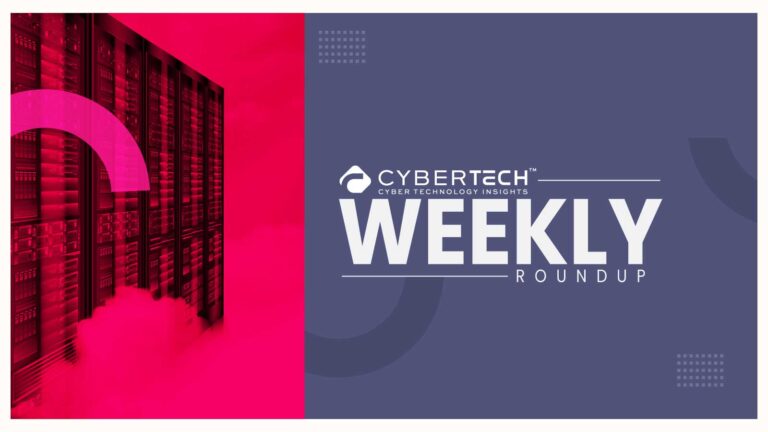The Apache Software Foundation (ASF), the all-volunteer developers, stewards, and incubators of more than 320 active open source projects and initiatives, announced Apache® Tomcat® 11.0. Today also marks the 25th anniversary of the first commit to the Apache Tomcat source code repository since becoming an ASF project. Apache Tomcat is a Java application server that implements a curated sub-set of the Jakarta EE specifications (Jakarta Servlet, Jakarta WebSocket, Jakarta Expression Language, Jakarta Pages, Jakarta Annotations and Jakarta Authentication) to provide developers with a stable, robust and reliable open source platform on which to build and deploy Java based web applications.
Cyber Technology Insights: Apache Announces Cassandra 5.0: Advanced, Secure, AI-Ready
A reported 60% of developers regularly use Tomcat as their chosen application server, according to a survey of more than 26,000 developers worldwide (source: The State of Developer Ecosystem 2023, JetBrains). Tomcat is known for being a lightweight tool with fast startup times that can be run in a number of different environments with minimal impact on resources. With Tomcat, developers can count on stable APIs and configuration settings allowing for a smooth upgrade path from one version of Tomcat to another.
“The Tomcat project illustrates the ASF’s Community Over Code spirit – the importance of fostering a healthy and collaborative community as the foundation for successful open-source software development and long term viability,” said Mark Thomas, Tomcat PMC member. “One of the many reasons that Tomcat remains popular is that, wherever possible, new features are back-ported to all currently supported versions.”
The Tomcat project started at Sun Microsystems as the reference implementation of the Java Servlet and Java Server Pages Specifications. In 1999, the Tomcat code base was donated by Sun Microsystems to the ASF with the first commit of Tomcat code to an ASF repository occurring 25 years ago today. Tomcat 11.0 marks the ninth major release as an ASF project. Tomcat’s release cycle aligns with each new release of the Servlet specification, ensuring that Tomcat users have access to new Servlet specification features as they are released.
Tomcat 11.0 Features and Highlights Include:
- Virtual thread support to enable applications to scale more easily to meet larger workloads;
- Automatic reloading of updated TLS keys and certificates with zero downtime allowing easy integration with LetsEncrypt significantly simplifying the process to renew TLS certificates; and
- Support for utilizing OpenSSL for TLS via Java’s new FFM API which provides a more reliable and easy to use mechanism for integrating Tomcat with OpenSSL.
As with all major versions of Tomcat, Tomcat 11.0 will be supported for 10 years, giving users the assurance of long term stability. In addition, all major releases for Tomcat follow a monthly release cycle and include any bug fixes validated since the previous release, ensuring reliable performance for users.
Cyber Technology Insights: Schneider Electric Achieves Top Cybersecurity Cert for EcoStruxure IT
To share your insights, please write to us at news@intentamplify.com
Source – globenewswire








